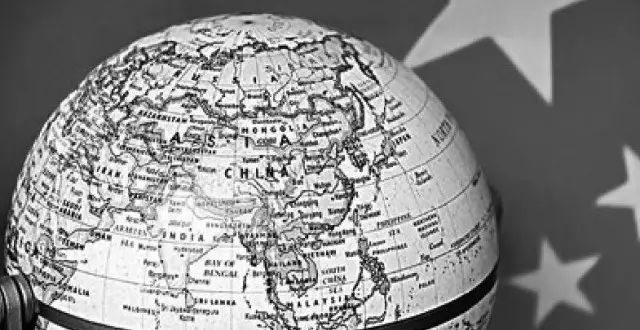05
Aug
There’s a bank for that: What to know about development banks
0 Comment
Improving Banks’ Policies
Here’s what we’ve found:
- Inclusion of independent and stricter operational standards of environmental assessment;
- Establishment of a dedicated environmental and social department that can assume the relevant responsibilities;
- Stronger means of auditing and improving of the project’s environmental and social programs including field visits; and
- Improved information disclosure system and two-way communication system.

